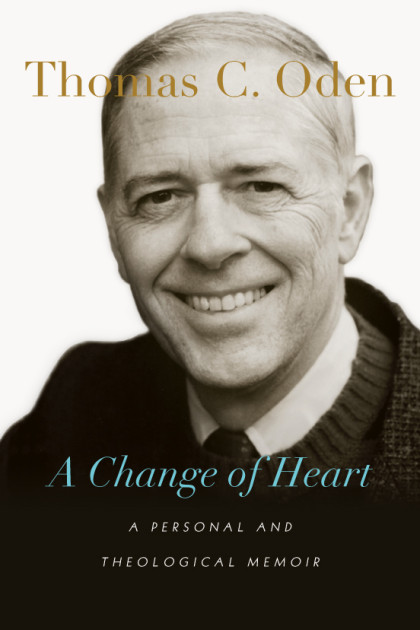Thomas C. Oden is a fascinating figure in the history of 20th Century theology, and his new autobiography, A Change of Heart, is a fascinating read. Known for The Ancient Christian Commentary on Scripture and Agenda for Theology, Oden writes a riveting tale about his early commitment to liberal theology and socialism, and then a 180-degree turn as he embraced classic Christianity and conservative thought in the early 1970s. Truly a remarkable story, Oden's work is well worth the time. … [Read more...] about Book Review: A Change of Heart, by Thomas Oden
conversion
Who Am I? Bonhoeffer as a Historical Mentor in Prayer: Part 2
Preface In the process of completing the Christian Devotional Classics series, I was inspired to dig into material which I wrote on the prayer life of Dietrich Bonhoeffer for Theology and Practice of Prayer[footnote]SF/ST 777: Theology and Practice of Prayer. Laurie Mellinger, Ph.D. Evangelical Seminary. Summer 2012. Course Description: This course explores various aspects of the interplay between theology and prayer. What we believe about God determines how and why we pray; this has also been true for Christians … [Read more...] about Who Am I? Bonhoeffer as a Historical Mentor in Prayer: Part 2
Who Am I? Bonhoeffer as a Historical Mentor in Prayer: Part 1
Preface In the process of completing the Christian Devotional Classics series, I was inspired to dig into material which I wrote on the prayer life of Dietrich Bonhoeffer for Theology and Practice of Prayer[1]. My intention had been to do such last fall, but I found my time too pressed with transitioning into my new role as Associate Director of the Emerging Scholars Network. I will begin the series with the introduction to Who Am I? Dietrich Bonhoeffer as a Historical Mentor in Prayer. I am very interested … [Read more...] about Who Am I? Bonhoeffer as a Historical Mentor in Prayer: Part 1
Review: The Secret Thoughts of an Unlikely Convert
Rosaria Champagne Butterfield, The Secret Thoughts of an Unlikely Convert (Pittsburgh: Crown & Covenant Publications, 2012). 154 pp. Rosaria Butterfield is the kind of woman she herself once bitterly opposed. The homeschooling pastor's wife and adoptive mother of four was not raised in the Reformed Presbyterian Church. She was a self-described “lesbian postmodernist,” (p. 41) a professor of English and Queer Theory conducting research on the Promise Keepers movement, when she encountered Christian hospitality at … [Read more...] about Review: The Secret Thoughts of an Unlikely Convert
Academics Coming to Faith
Do we enter the fall with the anticipation of colleagues coming to faith? Several years ago, InterVarsity Graduate & Faculty Ministry Staff Christian Anible wrote The Conversion of a Scholar: A Reflection on Augustine's Confessions. Take a few minutes to read his essay and prayerfully consider who God has called you to be present with in the coming minutes, hours, days, weeks, months, years, even decades. To God be the glory! we must not succumb to the temptation to impose Augustine's story as a kind of … [Read more...] about Academics Coming to Faith



